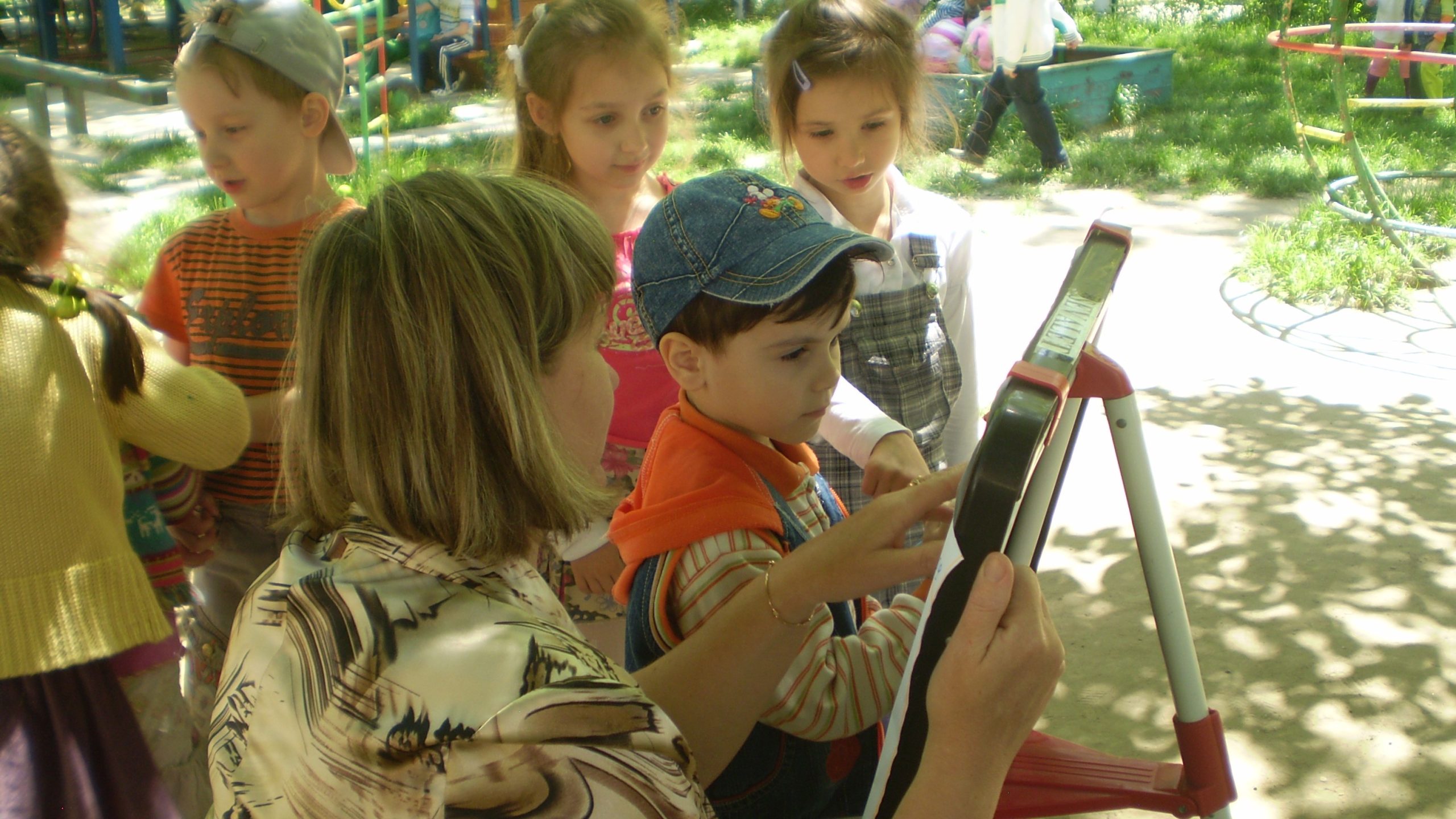Promoting Quality Child-Centered Education and Integrated Services in Leova and Orhei Regions

Project duration: March, 2009 – March, 2012
Implementing organization: Programul Educațional Pas cu Pas / Step by Step Moldova
Implementing partner: UNICEF Moldova
Project goal: technical support to schools and kindergartens from Leova and Orhei raions in overcoming the discriminatory practices and change negative attitudes though their transformation into child-friendly inclusive institutions
As partner organization in the complex Equity project administered by UNICEF, SBSM provided technical support to schools and kindergartens from Leova and Orhei raions in overcoming the discriminatory practices and change negative attitudes though their transformation into child-friendly inclusive institutions.
Project outputs and outcomes by the reporting date:
A. SBSM core team has prepared 30 national trainers and mentors who further developed training modules and organized interactive sessions for the staff of all schools (total 32) and of all kindergartens (total 37) from Leova raion.
B. All in all, 528 and 150 teachers and managers from schools and kindergartens, respectively, benefited from 9 days of training (spread across nine months – from March through November – and provided in four 2-3-day modules).
The trainers introduce the conceptual frame of child-centered education as the underpinning pedagogical approach of inclusive education, and demonstrated how this matches – and for this reason helps the schools/teachers meet – the new national requirements for a competence-centered curriculum and for the transformation of the educational institutions into socially inclusive ones.
The training participants have learned:
- the philosophical underpinning and methodological implications of child-centered education (CCE) and how it matches the new developments in national education system
- why CCE is considered a pre-condition for a child-friendly school and life-long learning
- how to use teaching strategies that support individual learning needs
- how to create an inclusive classroom (considering the physical and emotional environment, the new teacher’s roles, etc.)
- what is meant by meaningful learning and how it might optimize children’s learning and help the teacher respond to various children’s needs and abilities
- how to plan and evaluate in an inclusive, child/learner-centered classroom
- what is facilitative leadership and how efficient management can support school transformation: from inclusive, learner-centered classrooms to an inclusive, child-friendly school
- how multiple partnerships (teachers, children, parents, community) can support inclusion
- how to support the social inclusion of children from disadvantaged/marginalized families through community partnerships.
The trainers managed to the most part to raise teachers’ motivation for change, to make them reflect on their own teaching practices and to become willing to learn more about classroom strategies promoting child-centered education.
C. After training sessions the national SBSM experts had follow-up mentoring visits to practically all the kindergartens and schools of Leova raion (totally three rounds) to coach pre-school and school teachers in the community in a deeper understanding of child-centered methodology and its application in practice in order to create a supportive and inclusive learning environment for all children.
As a result of mentoring teachers:
- better understood how to translate the new educational (child-centered) paradigm into practice while using interactive teaching strategies and meaningful learning, including so-called “teachable moments”
- how to develop their own kit of integrated, interactive strategies (like, for example, the Morning message, classroom calendar, shared reading, etc. in kindergartens)
- how to use thematic planning and evaluation for curricula implementation in the classrooms
- kindergarten teachers strengthened their skills in the application of the new Child Learning and Development Standards for the monitoring of children’s progress and of Teacher Standards for assessing and supporting teachers’ classroom practices.
D. Fiveselected schools from Leova and 5 schools from Orhei have benefited from 3-day of School Evaluation trainings and workshops for 3 target groups (teachers, parents, and students) in each. As a result, about 600 participants became aware of their rights and of the importance of their playing an active role in school transformation process, and were empowered to make a SWOT analysis of the status quo of their school and develop an action plan towards transforming their school into a child-friendly one.
C. SBSM team has organizeda study visit for Leova school principals to Molesti school in Criuleni district – one of the 5 pilot schools were SBSM with UNICEF support has implemented the Child-Friendly School project. The impact of the visit was a much better understanding by the Leova school principals of the steps needed for the school transformation, as well as their belief that this is realistic.